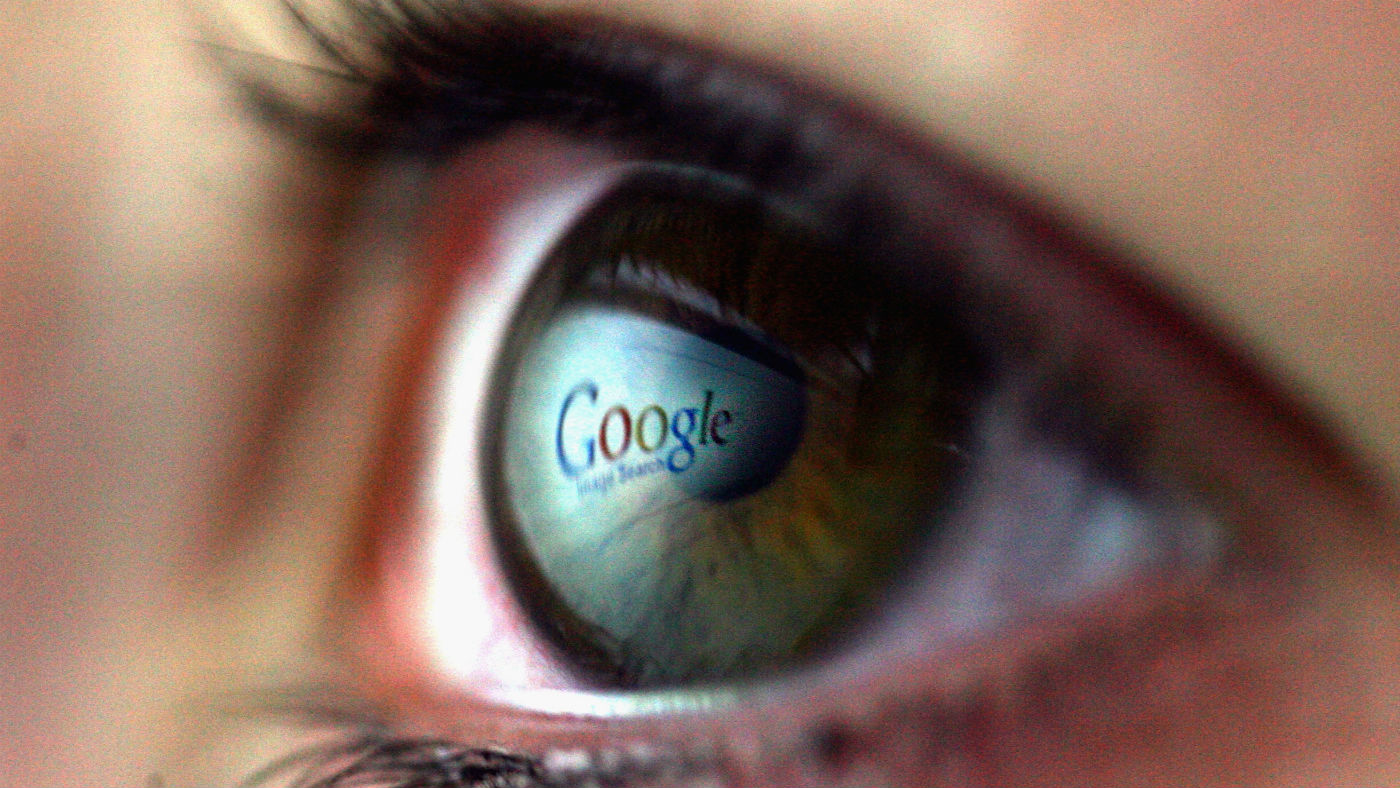Google builds AI that can predict heart disease
Algorithm assesses risk by scanning patient’s eyes

A free daily email with the biggest news stories of the day – and the best features from TheWeek.com
You are now subscribed
Your newsletter sign-up was successful
Medical professionals may soon be able to predict heart disease through a non-invasive eye test, thanks to a new artificial intelligence (AI) programme developed by Google and its subsidiary Verily.
A newly published study in the journal Nature Biomedical Engineering reveals how scientists from the two firms use an AI algorithm to accurately identify a patient’s blood pressure, age and whether they smoke, by analysing a scan of the back of their eye.
The programme then combines the information in order to evaluate the patient’s risk of suffering a major cardiac event such as a heart attack, The Verge reports.
The Week
Escape your echo chamber. Get the facts behind the news, plus analysis from multiple perspectives.

Sign up for The Week's Free Newsletters
From our morning news briefing to a weekly Good News Newsletter, get the best of The Week delivered directly to your inbox.
From our morning news briefing to a weekly Good News Newsletter, get the best of The Week delivered directly to your inbox.
Luke Oakden-Rayner, a medical researcher at the University of Adelaide who specialises in machine learning analysis, told the website that the AI algorithm could improve existing analytic tools in the industry.
“They’re taking data that’s been captured for one clinical reason and getting more out of it than we currently do,” he said. “Rather than replacing doctors, it’s trying to extend what we can actually do.”
But the study “isn't without limitations”, says Engadget, as the scientists “only surveyed eye images with a 45-degree field of view”.
Further research will help determine whether the programme needs to be adjusted to analyse larger or smaller images, the website adds, while a “larger data set” would help improve the AI system’s accuracy.
A free daily email with the biggest news stories of the day – and the best features from TheWeek.com
“In other words, it’s not yet ready for clinical testing, but it’s a promising start for non-invasive evaluation of cardiovascular health,” Engadget concludes.
-
 The environmental cost of GLP-1s
The environmental cost of GLP-1sThe explainer Producing the drugs is a dirty process
-
 Nuuk becomes ground zero for Greenland’s diplomatic straits
Nuuk becomes ground zero for Greenland’s diplomatic straitsIN THE SPOTLIGHT A flurry of new consular activity in the remote Danish protectorate shows how important Greenland has become to Europeans’ anxiety about American imperialism
-
 ‘This is something that happens all too often’
‘This is something that happens all too often’Instant Opinion Opinion, comment and editorials of the day
-
 Will AI kill the smartphone?
Will AI kill the smartphone?In The Spotlight OpenAI and Meta want to unseat the ‘Lennon and McCartney’ of the gadget era
-
 Claude Code: Anthropic’s wildly popular AI coding app
Claude Code: Anthropic’s wildly popular AI coding appThe Explainer Engineers and noncoders alike are helping the app go viral
-
 Will regulators put a stop to Grok’s deepfake porn images of real people?
Will regulators put a stop to Grok’s deepfake porn images of real people?Today’s Big Question Users command AI chatbot to undress pictures of women and children
-
 Most data centers are being built in the wrong climate
Most data centers are being built in the wrong climateThe explainer Data centers require substantial water and energy. But certain locations are more strained than others, mainly due to rising temperatures.
-
 The dark side of how kids are using AI
The dark side of how kids are using AIUnder the Radar Chatbots have become places where children ‘talk about violence, explore romantic or sexual roleplay, and seek advice when no adult is watching’
-
 Why 2025 was a pivotal year for AI
Why 2025 was a pivotal year for AITalking Point The ‘hype’ and ‘hopes’ around artificial intelligence are ‘like nothing the world has seen before’
-
 AI griefbots create a computerized afterlife
AI griefbots create a computerized afterlifeUnder the Radar Some say the machines help people mourn; others are skeptical
-
 The robot revolution
The robot revolutionFeature Advances in tech and AI are producing android machine workers. What will that mean for humans?